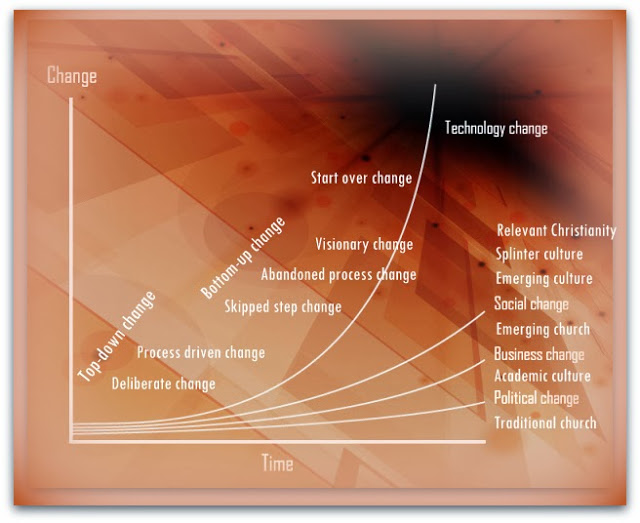Who among us cares about only one piece of life. Who has only one need or concern, only one aspiration or one love.
Whether it's a political party, a religion's proponent, or a one-subject professor, the simplistic explanations and solutions we're offered are just too small. What you need to do is just:
That for which we dare to hope is more than another can offer except perhaps with a great heart and an invitation to walk on from here together.
Whether it's a political party, a religion's proponent, or a one-subject professor, the simplistic explanations and solutions we're offered are just too small. What you need to do is just:
- the persuaded republican, "vote for ..."
- the persuaded tea partier, "vote against ..."
- the persuaded democrat, fundamentalist, liberal, conservative ...
- the persuaded ecologist, economist, hippie, historian, spiritualist, "follow our rules!"
What if there were a grander venue, an outer court beyond 'the hall of the mountain king' of our imagination where the veil fades away ...
In her last days, Dr. L. D. Vincent* encountered such a reality and was encouraged as the threads of her life here came together. Like others before her, she gathered her family and told them about it all with detail and clarity. Several days later, she passed away peacefully.
What pushy politician or professor or rule-maker could offer such a gracious affirmation of life? Must we wait until the end to know for ourselves?
That for which we dare to hope is more than another can offer except perhaps with a great heart and an invitation to walk on from here together. Evangelium vitae - good life news! :) Indeed.
*Dr. L. D. Vincent was my grandmother. :)
At one-hundred years old, she met Jesus face to face
one evening. They talked long about life and what
was past and what was yet to be. She related it
all to her family before she passed just a few
days later.
At one-hundred years old, she met Jesus face to face
one evening. They talked long about life and what
was past and what was yet to be. She related it
all to her family before she passed just a few
days later.





















